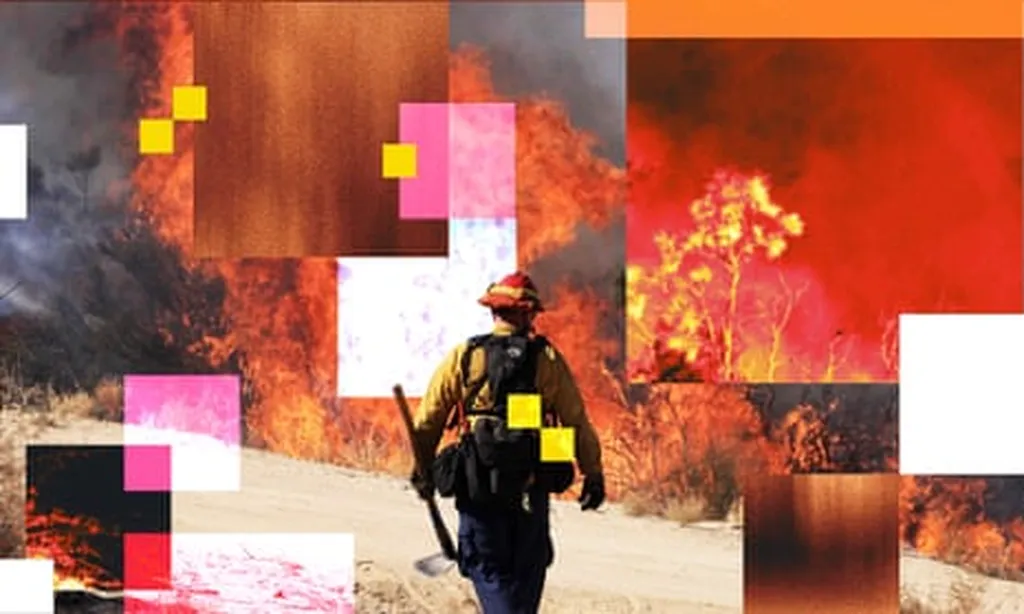In the face of escalating climate change, the frequency and severity of heatwaves are on the rise, posing significant threats to human health, animal welfare, and agricultural productivity. Accurate prediction of these extreme weather events is crucial for effective mitigation and adaptation strategies. A recent study published in the journal *Scientific Reports* (translated from its original name, *Nature Scientific Reports*) offers a comparative analysis of various machine learning models for heatwave event classification, providing valuable insights for the energy sector and beyond.
The research, led by Ritesh Choudary V. from the School of Computer Science and Engineering at Vellore Institute of Technology, evaluates the performance of several machine learning models using a time series dataset from a weather station in Chennai, Tamil Nadu. The models under scrutiny include Random Forest, Convolutional Neural Networks, LightGBM, Long Short-Term Memory Networks, Transformer Networks, Support Vector Machines, Graph Neural Networks, Extreme Gradient Boosting, and Autoencoders for Anomaly Detection.
Choudary’s study highlights the challenges posed by class imbalance in heatwave prediction, a common issue where the number of non-heatwave instances far outweighs the heatwave instances. Traditional oversampling techniques often fall short in addressing this imbalance, necessitating innovative strategies to improve prediction accuracy. “The key to effective heatwave prediction lies in developing models that can handle class imbalance and capture the complex temporal dynamics of weather data,” Choudary explains.
The implications of this research are far-reaching, particularly for the energy sector. Accurate heatwave predictions can enable utilities to implement demand response strategies, optimize energy generation and distribution, and mitigate the risk of blackouts during extreme weather events. “By leveraging advanced machine learning techniques, we can enhance our ability to predict heatwaves and proactively manage energy resources,” Choudary notes.
The study’s findings suggest that ensemble methods like LightGBM and Extreme Gradient Boosting, as well as deep learning approaches like Long Short-Term Memory Networks and Transformer Networks, show promise in improving heatwave prediction accuracy. These models excel in capturing intricate patterns in time series data, making them well-suited for the task at hand.
As the world grapples with the impacts of climate change, the need for accurate and reliable heatwave predictions has never been greater. Choudary’s research offers a significant step forward in this endeavor, providing a roadmap for future developments in the field. By harnessing the power of machine learning, we can better prepare for and mitigate the effects of extreme weather events, safeguarding human health, animal welfare, and agricultural productivity.
The study, published in *Scientific Reports*, underscores the importance of interdisciplinary collaboration in addressing the challenges posed by climate change. As we look to the future, the integration of advanced machine learning techniques into weather prediction models holds immense potential for enhancing our resilience to extreme weather events and ensuring a more sustainable and secure energy future.

